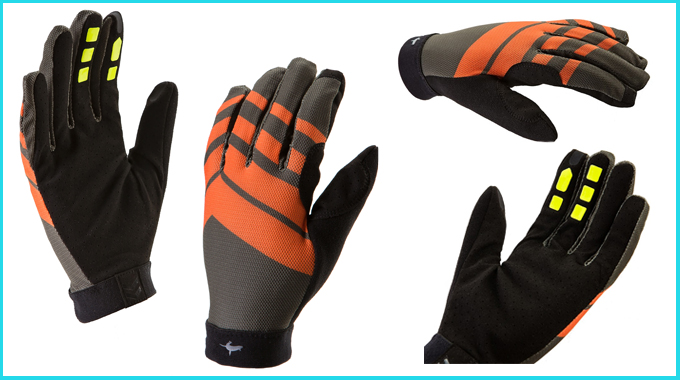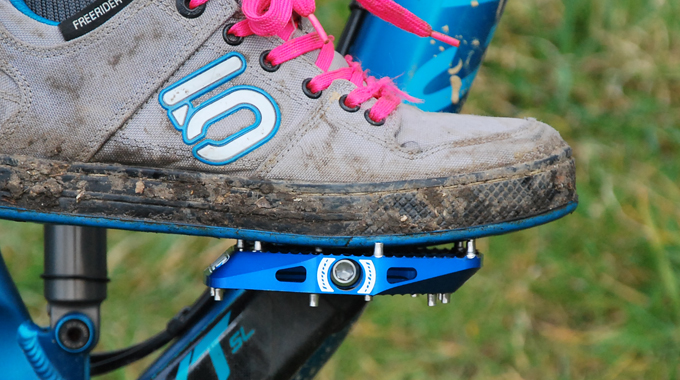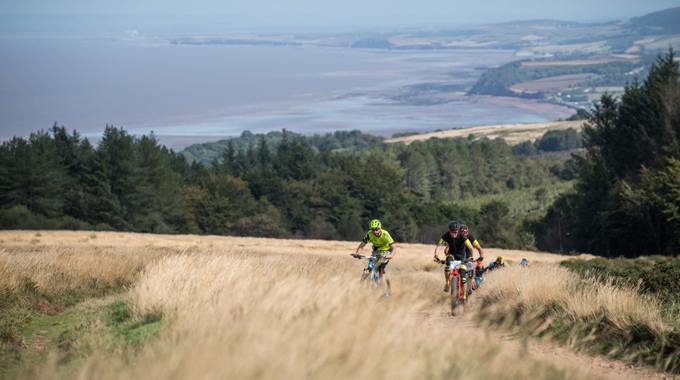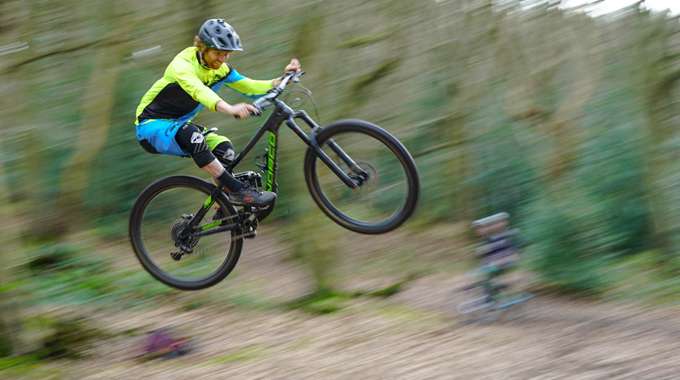Cycling UK has released the full findings of its report into off-road riding, launching the twenty-seven page booklet at the London Bike Show hosted at the ExCeL centre.
The organisation, who ran the survey jointly with OpenMTB, released early findings from their ‘Rides of Way: Cycling UK’s Off-Road Report 2017’ in November last year. The full report gives further findings and in-depth information, as well as providing data on the differences between answers from men and women.
Key findings around the gender gap were that women considered way-marking, toilets and maps as more important but were less likely to ride unlawfully on footpaths or undesignated trails because they ‘regard the law as outdated’
They primary goal behind the survey was to address the current ‘Rights of Way’ system, which technically forbids cyclists and horse riders from using all but 22 per cent of available Rights of Way (footpaths, bridleways and byways) in the UK.
The system is based on historic use. Findings show that two thirds cycle straight from their door using the ‘Rights of Way’ paths, but three-quarters agree the current trail classification system is out-dated.
In 2003, Scotland created the ‘Land Reform Act’ which allows anyone to go anywhere ‘within reason’ in the great outdoors – be that on foot, by bike or horse, or in a boat or canoe. Cycling UK hope these findings can trigger similar action in the UK.
“Most people are clearly frustrated by a system which could be much more accessible.” Paul Tuohy, Cycling UK
Paul Tuohy, Cycling UK Chief Executive, said: “It’s time someone stood up and championed this silent majority. Cycling UK’s Rides of Way report shows most people are clearly frustrated by a system which could be much more accessible. There is so much more we can do to make off-road riding easier without creating conflict, and that will be Cycling UK’s goal as it launches its off-road campaign in the spring.”
The survey – which questioned 11,482 people, didn’t just look at attitudes to Rights of Way. The questions put a focus on understanding typical usage, and the typical user. The report states: “Regular off-road riders generally do not fit the stereotype of mountain bikers as adrenaline junkies in their late teens and early twenties. Overall, it is now a much more mature activity. They attach great value to cycling’s phenomenal health and wellbeing benefits. It’s not all about driving with bikes on the car to “honeypot” locations. Many people just want to be able to ride out into the local countryside from their own front doors.”
With regard to motivations, Cycing UK say that 91 per cent of off-road cyclists believe the activity is important to their mental health, and 90 per cent say the same for their physical health.
Male/Female Split: Do women want something different?
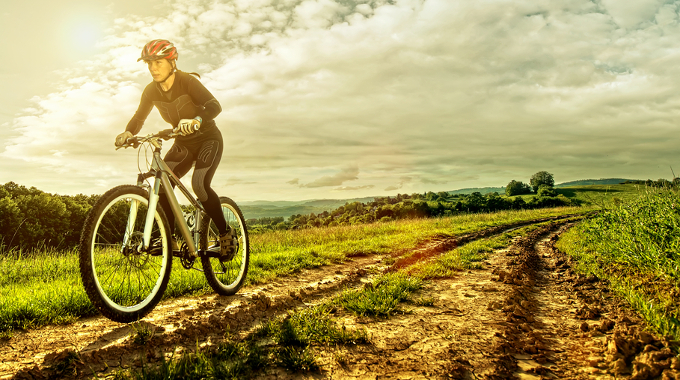
In total, 9,600 respondents chose to give more information about themselves, and 87 per cent of them were men, with 92 per cent describing themselves as ‘white British’. Men and women had similar motivations for cycling – 31 per cent of men listed ‘health and fitness’ as their number one motivation, with 26 per cent of women doing the same. However, for men the technical challenge was a close second (24 per cent) whilst women listed enjoying nature second (26 per cent).
Comparing answers from men and women, Cycling UK listed the common traits from their respondents as follows…
Women were MORE likely than men to:
- Have ‘just started’, or been off-road cycling for less than two years;
- Rank ‘enjoying nature’ as a top motivation for cycling off-road (equal first with health);
- To say they ride on footpaths/undesignated trails ‘to avoid traffic’. This was women’s top reason, but not far behind was ‘lack of choice or convenience’, men’s top reason;
- Consider waymarking, toilets and downloadable maps as important features when cycling away from their home
Women were LESS likely than men to:
- To have been cycling off-road for over ten years;
- To rate their off-road cycling skills as above ‘intermediate’;
- Rank ‘technical challenge’ as a motivation for riding ‘off-road’;
- Prefer technical trails, off-road touring and downhill/jumps (although a much lower proportion of women said they prefer ‘singletrack’ than men, as with men, it was still the type of riding they were most likely to opt for);
- To ride on footpaths/undesignated trails because they ‘regard the law as outdated’
One quotes female cyclist gave the feedback: “Getting better off-road facilities is frankly the least we can do to get young people more active in the fresh air to learn about their environment and physical challenges.”
What next?
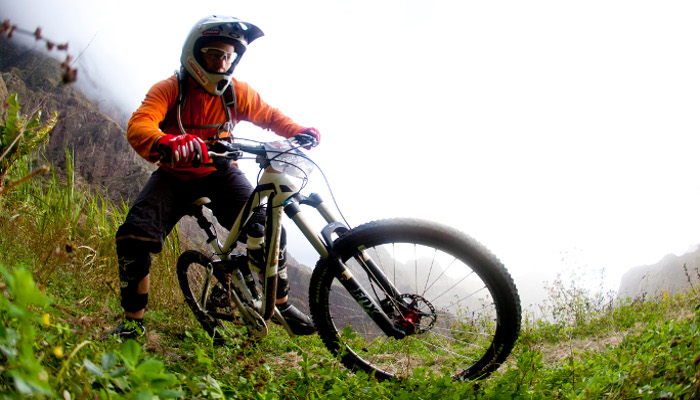
As one of its first actions with its new campaign, Cycling UK will look to draw up codes of conduct with other user groups, such as the British Horse Society, and will promote responsible off-road cycling behaviour. They hope in time that the findings will give way to a similar reform act as that in place in Scotland.
Tracy Moseley, Cycling UK Off-Road Ambassador and Downhill and Enduro World Champion, said: “Cycling UK knows there’s room for vast improvement, and being sensitive to the concerns of walkers, horse riders and landowners. It is looking to work with all of these groups to open up our landscape responsibly.”
“The winds of change are blowing in 2017 and, together with this report, I’m looking forward to helping make cycling off-road more open for everyone” Tracy Moseley, Downhill and Enduro World Champion
“There’s a lot to be gained for everyone by increasing access: from the physical and mental health benefits for the riders to reinvigorating the rural economy through increased tourism. The winds of change are blowing in 2017 and, together with this report, I’m looking forward to helping make cycling off-road more open for everyone.”
The report contains a wealth of information about UK mountain bikers – and the full downloadable booklet can be found here.


